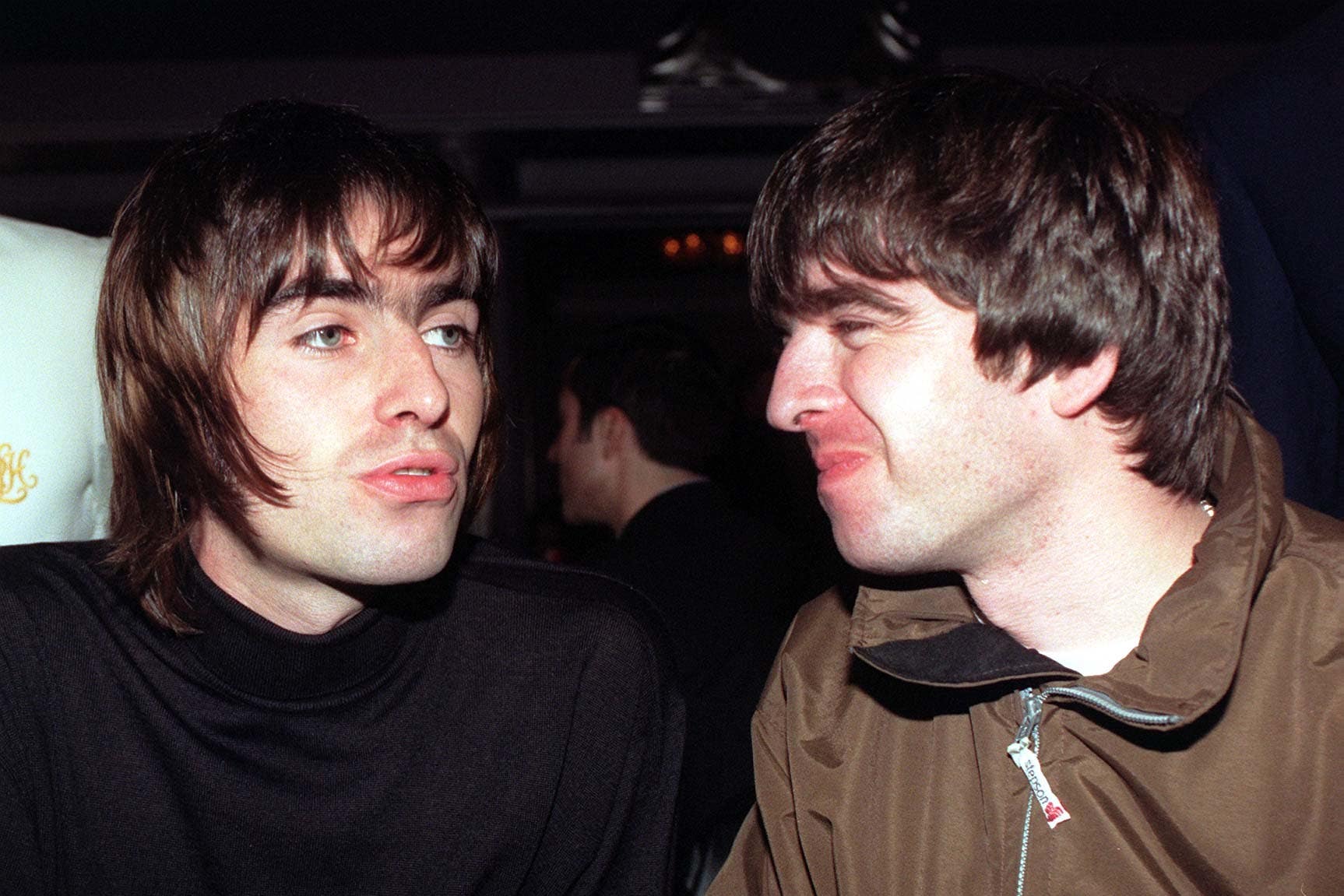
Dynamic pricing, a model where ticket prices fluctuate based on demand, has been employed for the Oasis concerts to maximize revenue. This strategy, commonly used in various industries including sports and entertainment, adjusts prices in real-time according to factors such as demand, availability, and market conditions. For the Oasis concerts, this meant that ticket prices soared significantly as demand surged, prompting frustration among fans.
The introduction of dynamic pricing for the Oasis tour was intended to address the high demand and to optimize ticket sales. However, it has ignited a wave of criticism from fans who argue that it excludes long-time supporters from securing tickets. Many have expressed their dismay on social media, citing the steep increase in ticket prices as a barrier to accessing the highly anticipated shows.
Critics of the pricing strategy highlight that while dynamic pricing can be advantageous for organizers and artists by increasing revenue, it can also create a disparity between fans who can afford the higher prices and those who cannot. This issue is particularly sensitive given Oasis's longstanding connection with a dedicated fan base, many of whom are now finding themselves priced out of attending the reunion concerts.
The backlash has led to broader discussions about the ethics and implications of dynamic pricing in the live entertainment industry. Some argue that while the model is designed to maximize profitability, it often results in a perception of unfairness and exploitation. Critics assert that it diminishes the inclusivity of live music events, which are traditionally seen as communal experiences accessible to a wide audience.
In response to the criticism, ticketing agencies and the band’s management have defended the use of dynamic pricing. They argue that it allows for more efficient allocation of tickets and helps prevent the resale market from driving up prices further. They also claim that the pricing model reflects market realities and is necessary to manage the high demand for the band’s return.
The controversy surrounding the Oasis ticket pricing has also highlighted the growing tension between fans and the entertainment industry over ticketing practices. As the live music industry continues to recover from the impacts of the COVID-19 pandemic, many artists and promoters are adopting new strategies to manage ticket sales and revenue. However, these strategies often come with trade-offs that can affect fans’ access to live events.
As Oasis gears up for their much-anticipated reunion shows, the debate over dynamic pricing remains a focal point. Fans and industry observers will be closely watching how the situation evolves and whether the band’s decision to use this pricing model will have any long-term effects on their relationship with their audience.
The discussion around Oasis’s ticketing strategy underscores a broader conversation about fairness and accessibility in the live entertainment sector. With the band’s reunion marking a significant moment for fans and the industry alike, the fallout from the pricing controversy may influence how future events are managed and perceived by the public.
Topics
Live News
